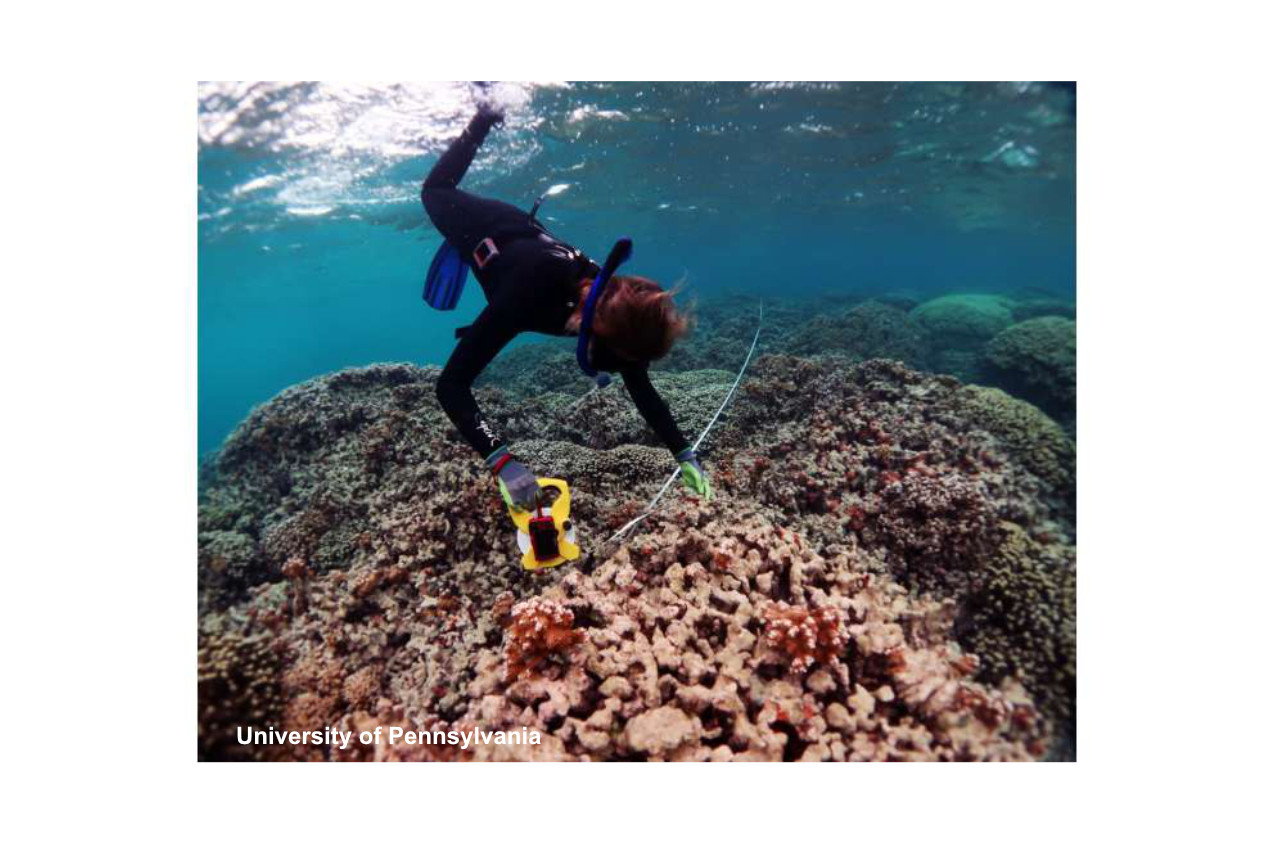Research reveals that corals are adapting to climate change in complex and varied ways

Katie Barott, an assistant professor of biology at the University of Pennsylvania, has been leading a team studying two coral species in Hawaii for nearly a decade. The team's recent publication in the Proceedings of the National Academy of Sciences explores the adaptability of these corals to the effects of climate change, specifically focusing on marine heat waves. The study reveals the complex and diverse strategies corals employ as they either adapt or struggle to cope with the rapidly changing conditions in the oceans, emphasizing the urgent need to understand and address the impacts of climate change on coral reefs.

The study, tracking more than 40 large coral colonies over a decade, observed that certain coral species exhibit an improved ability to endure and recover from subsequent marine heat waves after surviving one such event. The analogy used is that of exercising; corals that experience stress from heat waves can develop a form of resilience akin to the body adapting to exercise stress. The research focused on two dominant coral species in Kaneohe Bay, Hawaii, and the observed responses to repeated heat stress provided insights into the resilience and vulnerability of these corals in the face of climate change.
The study
emphasizes the role of acclimatization, where certain corals demonstrate the
ability to adjust to higher temperatures, reducing their susceptibility to
bleaching. Bleaching-resistant individuals of the studied coral species
remained pigmented throughout the study, indicating a persistent thermal
tolerance. However, pigmentation alone didn't necessarily indicate overall
health or resilience. The research highlighted contrasting recovery patterns
between bleaching-susceptible individuals of each coral species after heat
waves, providing a nuanced understanding of coral responses to repeated
stressors.
The study highlights the diverse and complex responses of coral species to climate change stressors. Montipora capitata, despite some evidence of acclimatization, experienced repeated bleaching and significant mortality for up to three years after the last heat wave. In contrast, initially sensitive individuals of Porites compressa demonstrated a remarkable capacity for recovery and acclimatization, with no bleaching or mortality during the third heat wave, and most physiological metrics returning to normal within a year. The research underscores the critical aspect of coral resilience: the ability to survive heat stress and recover effectively. Ongoing monitoring will explore additional factors like coral growth, calcification, and the impacts of recurring marine heat waves. Head to Nathi Magubane’s article on Phys Org https://phys.org/news/2024-01-reveals-corals-climate-complex-varied.html